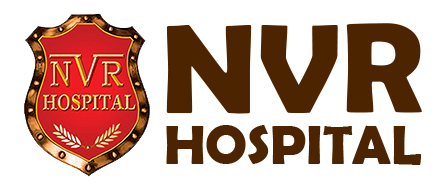High-Risk Pregnancy Management
What is High-Risk Pregnancy Management?
High-risk pregnancy management is a critical approach to monitoring and supporting pregnancies where either the mother or the baby faces increased risks due to medical, lifestyle, or pregnancy-related factors. A pregnancy is considered high-risk when complications arise that can affect the health of the mother, the baby, or both. Managing high-risk pregnancies involves careful planning, frequent monitoring, and specialized care to reduce risks and ensure the best possible outcome
Several factors contribute to a high-risk pregnancy. Maternal health conditions such as hypertension, diabetes, or heart disease, can complicate pregnancy. Likewise, factors like advanced maternal age, multiple pregnancies (twins, triplets, etc.), or a history of pregnancy complications such as preterm labor or miscarriage can elevate risks. Additionally, lifestyle factors like smoking, alcohol use, and inadequate nutrition can increase the likelihood of complications
For expectant mothers with a high-risk pregnancy, management starts with early detection. Obstetricians typically perform additional screening and diagnostic tests to assess both maternal and fetal health. These tests might include ultrasounds, blood work, and genetic testing. Early intervention and close monitoring help in addressing any potential complications before they become more severe
High-risk pregnancy management may involve a multidisciplinary team, including obstetricians, maternal-fetal medicine specialists, and neonatologists. This team works together to monitor the health of the mother and the baby, adjusting the treatment plan as necessary. Depending on the nature of the risks, the mother may need to take medications, modify her diet, or undergo regular tests to assess fetal development
In some cases, lifestyle changes are recommended to help manage the risks. For example, a mother with gestational diabetes may need to monitor her blood sugar levels closely and follow a strict dietary plan. Those with hypertension may need to rest more frequently and monitor their blood pressure
Additionally, if complications arise during the pregnancy, interventions such as early delivery or a planned C-section may be necessary to ensure the safety of both mother and baby. The goal of high-risk pregnancy management is to prevent complications, ensure the health of both the mother and the baby, and provide timely interventions if necessary
high-risk pregnancy management focuses on careful monitoring and specialized care tailored to address specific risks. Early detection, regular check-ups, and collaboration among healthcare providers are crucial to navigating the complexities of a high-risk pregnancy
For any inquiries, please contact our hospital for assistance and care.
